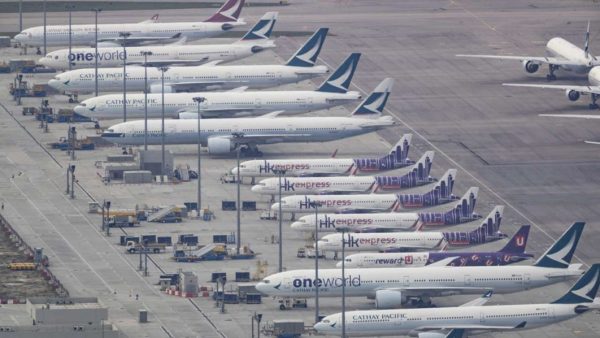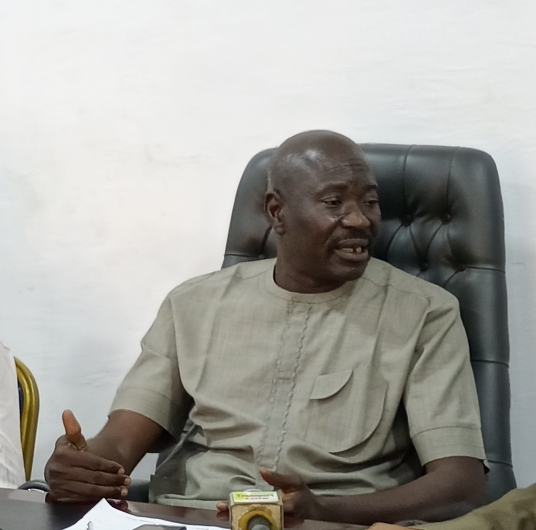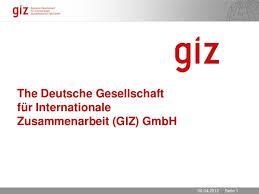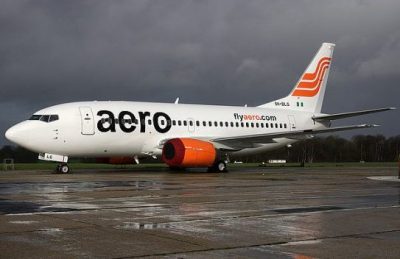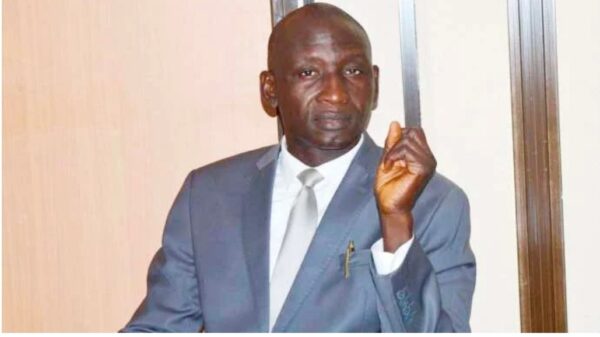Nigeria, others to rake in $4.2 billion from open market treaty
The African Civil Aviation Commission (AFCAC) said the implementation of the Single African Air Transport Market (SAATM) will contribute $4.2 billion to the continent’s Gross Domestic Product (GDP), create 600 million jobs and, grow air traffic by 51 per cent in three years with additional 16 million air travellers.
AFCAC further revealed that the implementation of SAATM in Nigeria will scale up the contribution of the aviation sector to GDP from the current 0.5 per cent to one per cent, and also increase air traffic by 54 per cent.
Secretary General of AFCAC, Funke Adeyemi, while speaking at the SAATM Pilot Implementation Project cluster one coalition roadshow, held in Abuja, said that the open market treaty will accelerate air connectivity across Africa.
She stated that the roadshow aimed to bring all stakeholders together in identifying challenges mitigating against air connectivity across the continent and come up with practical solutions to integrate and increase connectivity across Africa.
She mentioned that some of the challenges hindering the smooth take-off of SAATM by States include protectionism, and airline operators wherein the State and the operators unwillingto open up the market owing to competition, she added that competition and connectivity were necessary for the growth of the aviation industry.
Other challenges include restrictions by States, visa accessibility, and late approval for landing, among others.
Adeyemi disclosed that the commission would be going from country to country to address some of the challenges of SAATM, and see how to make a change.
She said the target was to increase fifth freedom penetration from the current 14.5 per cent to 30 per cent by 2025.
The Minister of Aviation, Hadi Sirika, while declaring the roadshow open, assured that the Federal Government would continue to support policies and programmes that would support and project the full implementation of SAATM in Nigeria, saying the air transport market in sub-Saharan Africa presents a strong dichotomy.
He noted that African carriers are dominating international and domestic markets, which are becoming increasingly concentrated.
In contrast, the sector is stagnating in Central and Western Africa, with the vacuum created by the collapse of mostly State-owned airlines, and a few privately-owned airlines in the region.
He added that Nigeria was working towards launching its national carrier that would help in actualising the policies and principles of SAATM in Nigeria, and Africa at large.
Director General Nigeria Civil Aviation Authority (NCAA) Capt. Nuhu Musa, recalled that when SAATM was launched in Dakar last year, 16 countries committed to participating in SAATM, which has now increased to 20 countries.
He mentioned that the first-of-its-kind roadshow held in Nigeria was to explain to stakeholders to bring out challenges they have having with the implementation of SAATM so that AFCAC can see to mechanisms such as fair competition, dispute resolution, consumer protection mechanism, to resolve the issues.
He stressed the need for countries that have committed to the implementation of SAATM to start so that when other countries see the effect on the GDP and the employment generation they will also participate.
He added that the African Civil Aviation would work towards the designation and allocation of the fifth freedom right that is, moving passengers from country A to country B, and then picking passengers to country C.

